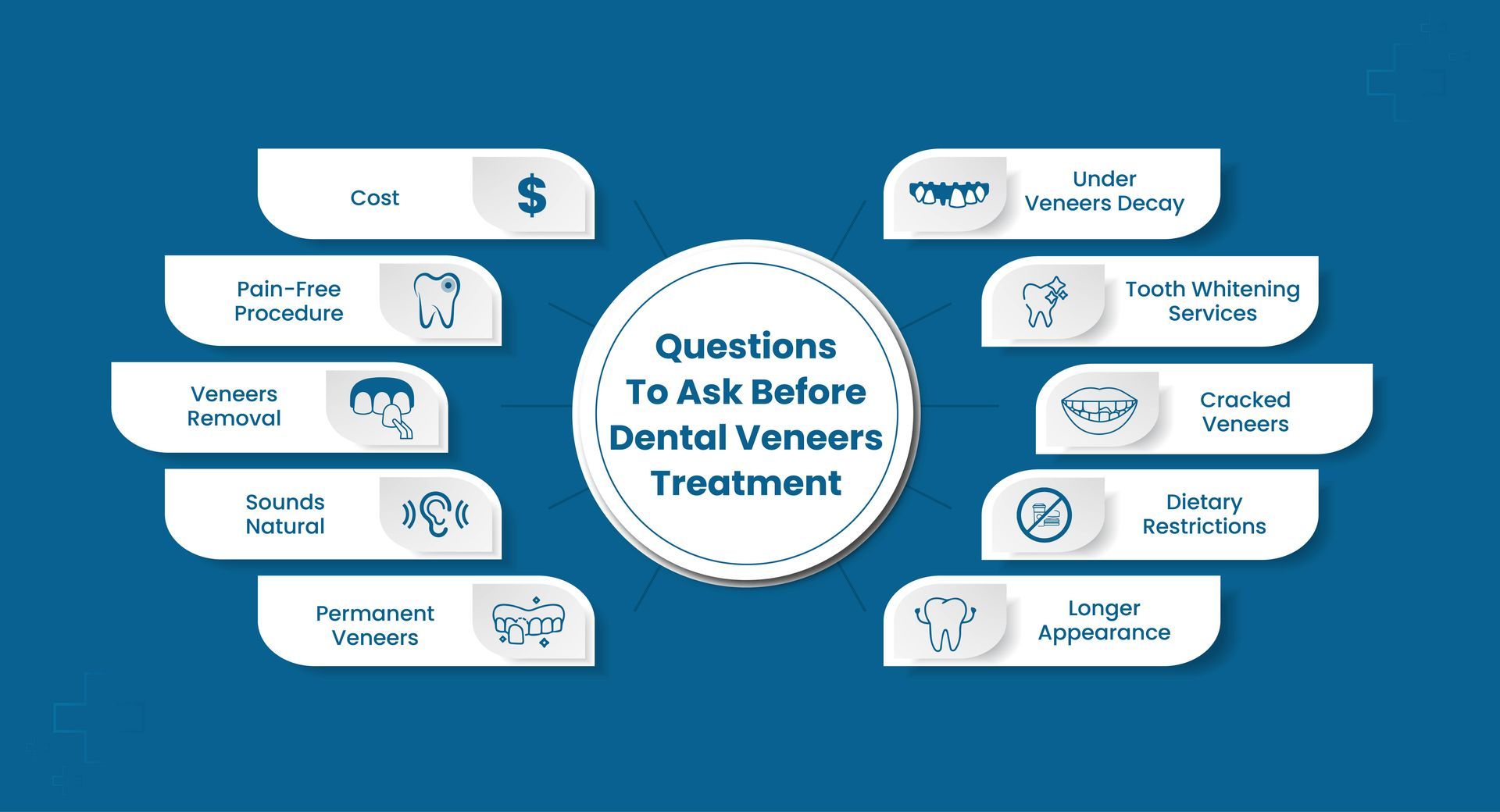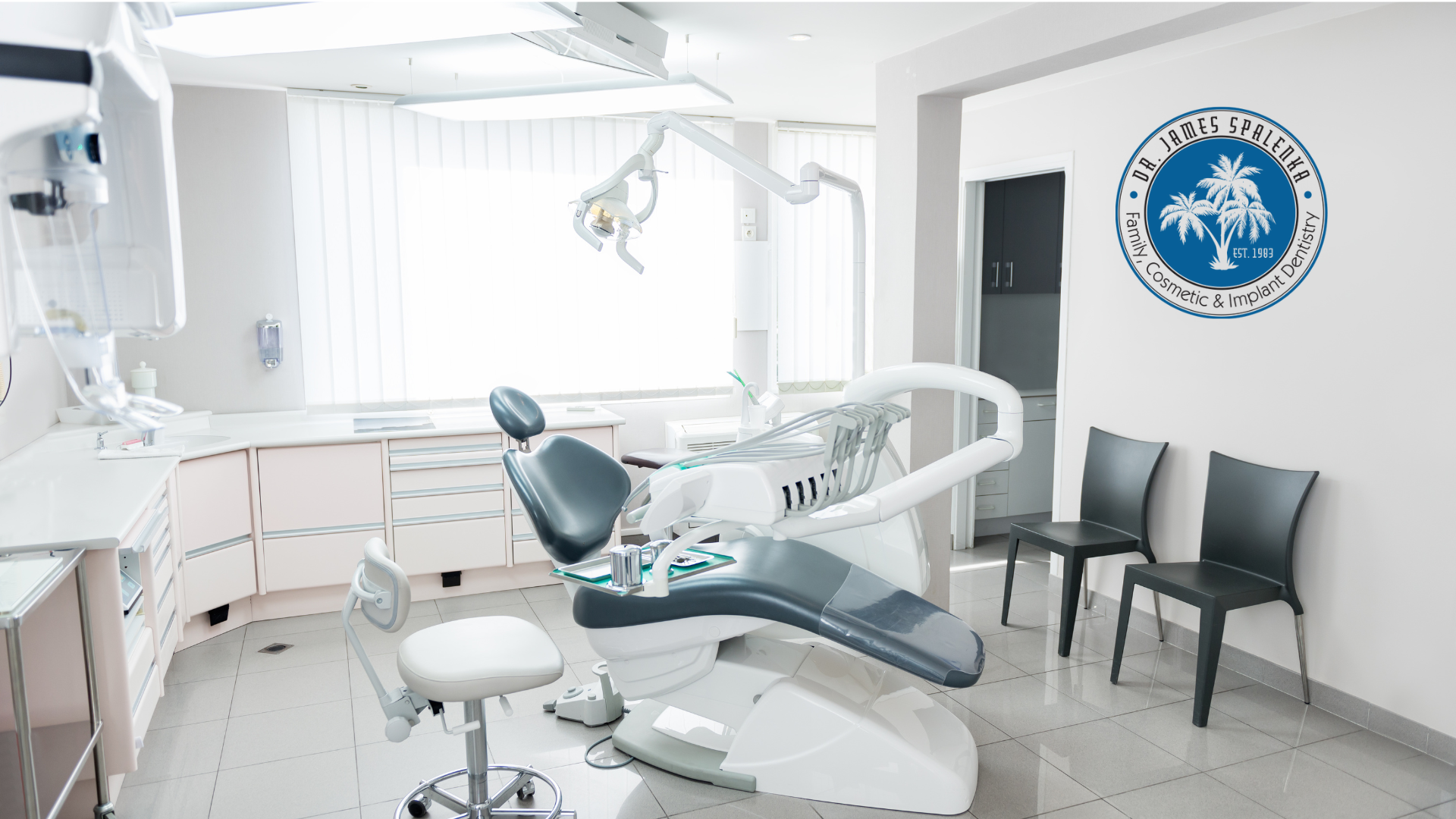How Can Dental Veneers Transform Your Smile?
Introduction
A beautiful, healthy, and confident smile is something that everyone desires. Dental veneers can be an excellent solution for those who wish to improve the appearance of their teeth. Veneers are a popular cosmetic dentistry procedure designed to enhance the appearance of the teeth by covering imperfections such as cracks, chips, and discoloration. In this article, we'll discuss the success of veneer applications, the satisfaction levels of people with veneers, how to care for veneers, and how long you can expect veneers to last. We'll also provide answers to frequently asked questions about veneers.
Success And Satisfaction Of Veneers
The success rate of veneers applications is high, and most people who opt for this cosmetic dentistry procedure are delighted with the results. According to a study published in the Journal of the American Dental Association, the survival rate of porcelain veneers is around 94 percent after 10 years. Additionally, a survey conducted by the American Academy of Cosmetic Dentistry found that over 90 percent of people who had received veneers reported being highly satisfied with the results.
Caring For Veneers
Caring for veneers is relatively easy and requires minimal effort. You continue to brush and floss your teeth regularly and avoid eating hard or sticky foods that can damage the veneers. It's also essential to avoid biting your nails or chewing on pens or other objects, as this can cause the veneers to crack or chip. Additionally, it's recommended to visit your dentist regularly for check-ups and cleanings to ensure that your veneers are properly maintained.
How Long Do Veneers Last?
The longevity of veneers depends on many factors, such as the quality of the materials used, the skill of the dentist, and the patient's level of care. In general, porcelain veneers can last between 10 and 15 years, while composite veneers have a lifespan of 5 to 7 years. However, with proper care and maintenance, veneers can last much longer.

Frequently Asked Questions
How much do veneers cost? The cost of veneers varies depending on the material used, the number of teeth being treated, and the dentist's skill. On average, porcelain veneers cost between $800 and $2,500 per tooth. Composite veneers are less expensive and typically cost between $250 and $1,500 per tooth.
Are veneers painful?
Applying veneers is generally painless, and most people do not experience any discomfort during or after the procedure. However, some patients may experience minor sensitivity or soreness in the days following the procedure.
Can veneers be removed?
Veneers can be removed, but the process can be challenging and may require removing a small amount of the tooth's enamel. Additionally, removing veneers can cause the tooth to become more sensitive to hot and cold temperatures.
Will veneers match the color of my natural teeth?
Your dentist will work with you to choose a color for your veneers that matches the shade of your natural teeth. The goal is to create a natural-looking, seamless smile that blends in with the rest of your teeth.
Are veneers permanent?
Veneers are considered a permanent cosmetic dentistry solution because they require the removal of a small amount of the tooth's enamel. However, if damaged or worn, they may need to be replaced after 10 to 15 years or longer.
What if tooth decay takes place below the veneer?
If tooth decay occurs below a veneer, it can compromise the structure of the tooth and lead to serious oral health problems. In such cases, your dentist may need to remove the veneer to access the decay and treat it. If the damage is extensive, the tooth may require a filling or a crown to restore its strength and functionality.
It's important to remember that veneers do not protect teeth from decay, and regular dental check-ups and cleanings are still necessary to maintain good oral health. Your dentist can check for any signs of decay or other issues during these appointments and take the necessary steps to treat them before they cause further damage.
In addition, practicing good oral hygiene habits, such as brushing twice a day and flossing daily, can help prevent decay from developing under veneers or elsewhere in the mouth. By taking care of your teeth and maintaining a healthy lifestyle, you can help ensure the long-term success of your veneers and overall oral health.
Should I have tooth whitening services when I have veneers?
If you already have veneers, there is typically no need to undergo tooth whitening services. This is because veneers are designed to match the shade of your natural teeth, and they cannot be whitened using traditional tooth whitening procedures.
However, if you are considering veneers and want to have a brighter, more uniform smile, it's a good idea to discuss your options with your dentist. In some cases, it may be possible to combine veneers with tooth whitening treatments to achieve the desired result.
It's important to note that tooth whitening treatments can cause sensitivity in some patients, and it's crucial to follow your dentist's recommendations and avoid overusing or misusing these products. In general, it's best to have any tooth whitening treatments completed before the veneer application process, as this can help your dentist choose the right shade of veneer to match your newly whitened teeth.
What if my veneer chips or cracks?
If your veneer chips or cracks, it's important to see your dentist as soon as possible. While veneers are designed to be durable and long-lasting, they are not indestructible and can sometimes be damaged by hard or sticky foods, accidental trauma, or other factors.
Your dentist will evaluate the damage and determine the best course of action. In some cases, minor chips or cracks can be smoothed out or repaired using a bonding material. However, if the damage is more severe, your dentist may need to replace the veneer entirely.
It's worth noting that proper care and maintenance can help prevent damage to your veneers in the first place. To avoid chipping or cracking your veneers, you should avoid biting down on hard objects such as ice, pens, or fingernails, and take care not to use your teeth as tools. It's also important to maintain good oral hygiene habits, such as brushing and flossing regularly, and to see your dentist for regular check-ups and cleanings.
In general, veneers are a safe and effective way to improve the appearance of your smile, and with proper care and maintenance, they can last for many years. By taking care of your veneers and practicing good oral hygiene habits, you can help ensure that your smile remains bright, healthy, and confident for years to come.
Are there any dietary restrictions when you have veneers?
There are no specific dietary restrictions when you have veneers, but it's a good idea to practice good oral hygiene habits and avoid consuming foods or beverages that can cause staining or damage to your veneers or natural teeth.
Some foods and drinks that can potentially stain your teeth or veneers include coffee, tea, red wine, and certain dark-colored fruits and vegetables. Acidic foods and drinks, such as citrus fruits and juices, can also erode the enamel on your teeth, potentially causing damage to your veneers or natural teeth.
To help maintain the integrity of your veneers and natural teeth, it's a good idea to limit your consumption of these foods and drinks or to rinse your mouth with water after consuming them. You should also avoid biting down on hard or sticky foods, as these can potentially damage your veneers.
In addition to watching your diet, it's important to practice good oral hygiene habits, such as brushing and flossing regularly, to help prevent the buildup of plaque and tartar that can lead to decay or gum disease.
Overall, while there are no specific dietary restrictions when you have veneers, it's important to be mindful of the foods and drinks you consume and to take steps to protect your veneers and natural teeth for a healthy, confident smile.
I have very small teeth, can veneers make my teeth longer?
Yes, veneers can be used to make teeth appear longer. One of the benefits of veneers is that they can be custom-made to fit your specific needs and desired look.
If you have small teeth or feel that your teeth are disproportionately short, your dentist may recommend veneers as a way to improve the appearance of your smile. By placing veneers on the front surface of your teeth, your dentist can make your teeth appear longer, fuller, and more proportional to your facial features.
It's important to note that the application of veneers is a cosmetic dentistry procedure, and your dentist will work closely with you to design a treatment plan that meets your individual needs and goals. Your dentist may also recommend other cosmetic dentistry procedures, such as teeth whitening or orthodontic treatment, to achieve the best possible results.
If you are interested in using veneers to improve the appearance of your smile, it's important to consult with a qualified and experienced cosmetic dentist. Your professional dentist can evaluate your teeth and gums, discuss your goals and expectations, and recommend a personalized treatment plan that can help you achieve the beautiful, confident smile you deserve.
Conclusion
Dental veneers can be an excellent way to transform your smile and boost your confidence. The success rate of veneers applications is high, and most people who opt for this cosmetic dentistry procedure are delighted with the results.



